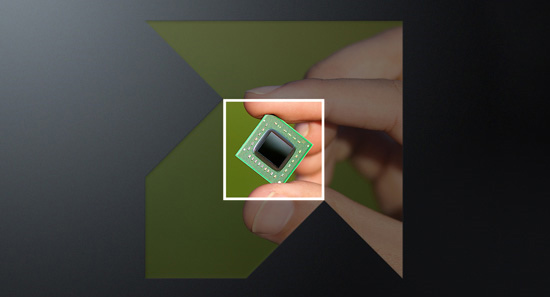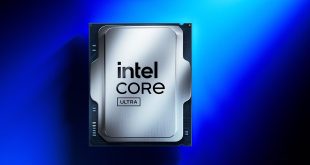Advanced Micro Devices has begun to add support of its upcoming microprocessors powered by “Zen” micro-architecture to Linux operating systems. The enablement of future chips in Linux confirms AMD’s plans to release such central processing units and even reveals some facts about their functionality. Unfortunately, addition of support does not indicate launch schedules anyhow.
One of the milestones every processor passes before launch is its enablement in Linux operating systems. Since it is impossible to add support to an open-source OS confidentially, CPU developers have to do it publically, thus revealing essential information about their chips, such as supported instruction set, internal names, identifiers, etc.
Last week AMD published an “add znver1 processor” patch to the GNU Binutils package, reports Phoronix. In the coming weeks and months AMD will also add support of its “Zen” micro-architecture to GCC and LLVM/Clang compilers, the Linux kernel and so on.
AMD’s third-generation x86-64 architecture in its first iteration marked as “znver1” (Zen, version 1)* supports SMAP, RDSEED, SHA, XSAVEC, XSAVES, CLFLUSHOPT, ADCX as well as CLZERO instructions. At the same time, Zen no longer supports TBM, FMA4, XOP, LWP instructions.
The instruction set architecture (ISA) extensions which support is added to the patch mainly concern various security features of modern x86 microprocessors as well as improve performance in cryptography and high-performance computing tasks:
- SMAP – Supervisor Mode Access Prevention, a security feature first debuted in “Ivy Bridge” processors;
- RDSEED – An addition to the AES (Advanced Encryption Standard) instructions known as Secure Key Instructions. First debuted in “Broadwell” microprocessors;
- SHA – The family of seven new SSE based instructions that support performance acceleration of the Secure Hash Algorithm (SHA) on x86 processors. Intel started to implement SHA instructions starting from its “Haswell” processors;
- XSAVEC – Performs a full or partial save of processor state components to the XSAVE area located at the memory address specified by the destination operand. First debuted in “Broadwell” microprocessors;
- ADCX – An instruction for improving performance of arbitrary-precision integer operations. Debuted in “Broadwell” processor along with ADOX instruction.
The list of new instructions supported by AMD’s “Zen” microprocessors is not full. Going forward the company will most likely release new patches for Linux with support for additional instructions. Furthermore, expect AMD to start releasing special whitepapers for software developers, explaining how to optimize their applications for the upcoming central processing units. Typically, such documents for programmers reveal possible configurations and micro-architecture peculiarities of unreleased chips. Actual target specifications are usually revealed in various documents for hardware and firmware developers.
The addition of “Zen” support to Linux operating systems means that the company is going to start distributing samples of its new processors to various software and hardware developers in the coming quarters.
AMD did not comment on the news-story.
Discuss on our Facebook page, HERE.
KitGuru Says: By adding support of “Zen to Linux AMD reveals the first official information about its upcoming family of microprocessors. We now know that the chips will support loads of features found in the “Haswell” and “Broadwell” processors from Intel, but will scrap some of AMD’s own ISA extensions.
*AMD calls “Bulldozer” micro-architecture its second-generation x86-64 architecture. The original “Bulldozer” is called “bdver1”, the “Piledriver” is “bdver2”, the “Steamroller” is “bdver3”, etc.
 KitGuru KitGuru.net – Tech News | Hardware News | Hardware Reviews | IOS | Mobile | Gaming | Graphics Cards
KitGuru KitGuru.net – Tech News | Hardware News | Hardware Reviews | IOS | Mobile | Gaming | Graphics Cards




Anton, learn to investigate the news instead of plain copying some other clueless website. You same as phoronix are wrong about FMA4. It is still there. The code still has references to it. XOP on the other hand is gone.
Wait, XOP no longer exists?
No